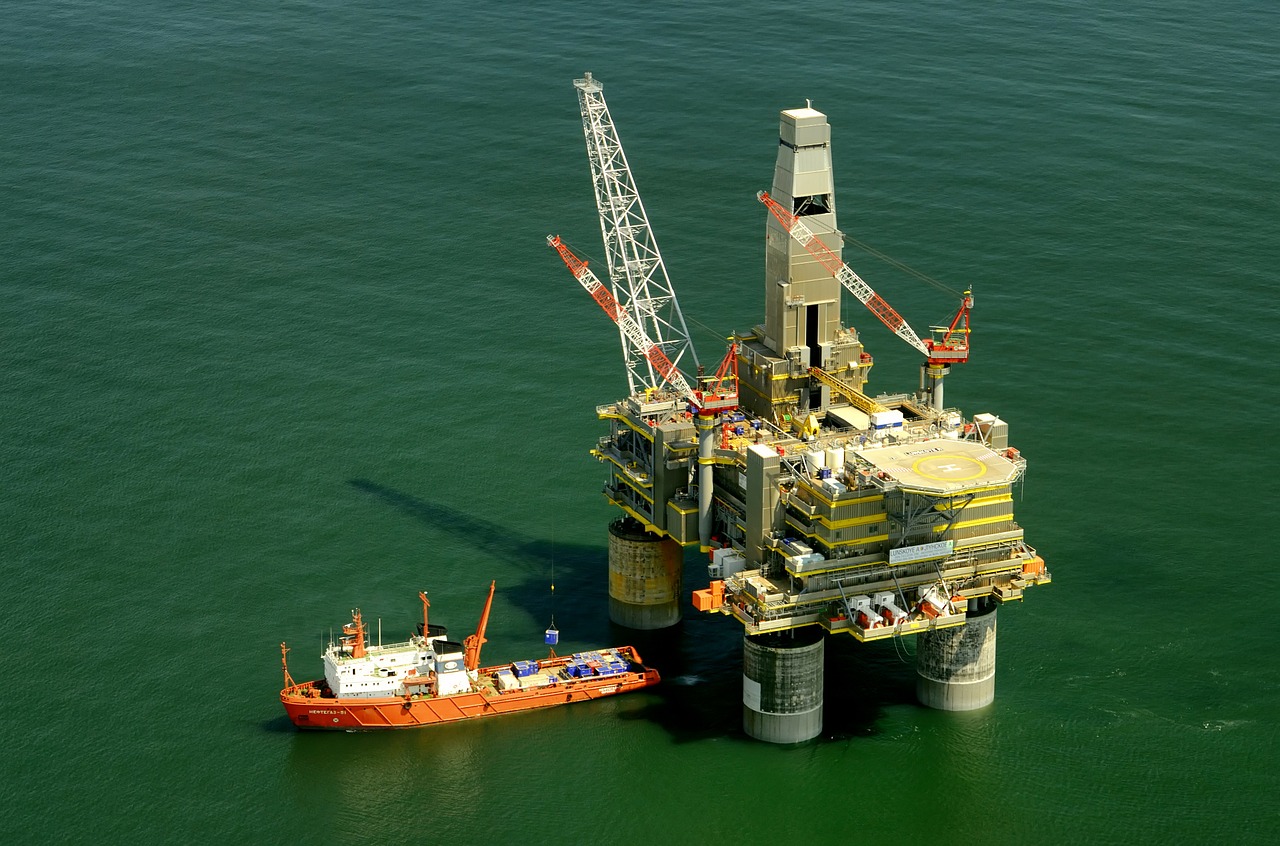
The oil market in 2016 looks very different than it did even five years earlier. Oil prices dropped dramatically, and the United States, formerly a large oil importer, is now producing enough oil to be on the cusp of eliminating its net oil imports within the next decade. U.S. domestic crude oil production is up more than 80 percent since 2008. In 2014, the U.S. became the world’s top producer of petroleum and other liquid fuels, outpacing traditional petroleum giants Russia and Saudi Arabia, according to data from the U.S. Energy Information Administration.
As the nation produces more of its own energy, some political and business groups have pressed to open up more areas in coastal waters to offshore drilling. While President Obama approved new oil and gas drilling off the nation’s coastline in 2010, he rescinded that decision after the BP oil spill, the largest marine oil spill in U.S. history. In early 2016, however, the Obama administration is expected to release a proposal that would allow oil and gas drilling in federal waters near Georgia, North Carolina, South Carolina and Virginia. While the governors of those states support the plan, Virginia’s lieutenant governor has voiced concern about how local tourism, commercial fisheries and military training could be affected. Meanwhile, several TV celebrities and dozens of coastal leaders spent a day in January 2016 lobbying against the change.
Two researchers sought to better understand how the U.S. public, as a whole, feels about offshore drilling. Deep Mukherjee and Mohammad Arshad Rahman, economics professors at the Indian Institute of Technology Kanpur, analyzed the responses given during 10 nationwide surveys conducted by two reputable organizations between 2009 and 2012 — before, during and after the BP oil spill. Their April 2016 study, published in Energy Policy, looks at how various factors shape public opinion and influence an individual’s willingness to support or oppose offshore drilling. The study, “To Drill or Not to Drill? An Econometric Analysis of U.S. Public Opinion,” also considers how public opinion changes following a disaster such as the BP spill.
Among the study’s key findings:
- Public support declined in the wake of the BP spill, but that reduction in support lasted only 18 months. Once that time period had passed, support for offshore drilling rose and was no longer significantly lower than the level of support had been before the oil spill,
- Factors associated with support for drilling in U.S. waters include a larger household income, being an older age and living in an oil-rich state.
- Those who oppose further offshore drilling are more likely to have a higher education, care more about the environment, and be female.
- Republicans were more likely to support further offshore drilling while Democrats were more likely to oppose it.
Knowing the characteristics of both opponents and supporters of offshore drilling is helpful for policymakers who advocate either position. Studying the demographics of those who support and those who oppose offshore drilling can help policymakers be strategic about how they advocate certain policies regarding the environment and offshore drilling. “From a policy making perspective, it is not only crucial to determine the potential impact of energy related decisions on the economy, it is also necessary to recognize whether implementation of a set of strategies are welcome by the citizens in general,” the authors state.
Related research: In 2015, Journalist’s Resource compiled a collection of studies that analyzed the societal effects of gas prices, including effects on health, driving patterns, economics and policy. A 2013 study published in Energy Policy, “The Effect of the 2010 Gulf Oil Spill on Public Attitudes Toward Offshore Oil Drilling and Wind Development,” explores attitudes related to offshore energy. A 2010 paper from scholars at Brooklyn College and CUNY, “Lessons from the Twin Mega-Crises: The Financial Meltdown and the BP Oil Spill,” looks at how future government policies may help avoid a similar crisis.
Keywords: BP oil spill, Deepwater Horizon, offshore drilling, oil development, fossil fuels, energy, oil extraction
